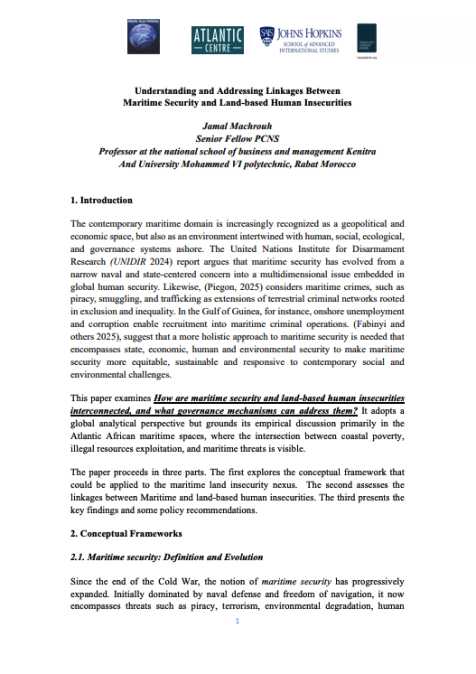Podcasts
Bilan de vingt ans de la diplomatie chinoise en Afrique et apport du FOCAC 2021
24
December
2021
Related topics:
La chine a réussi à renforcer sa présence en Afrique à travers à la fois ses forums, son initiative de la Route de la Soie et le maintien de la tradition Africa First. Depuis 2000, date du premier FOCAC, la Chine est parvenue à étendre sa présence et son influence sur le continent, en consolidant ses relations avec près de 53 pays africains. Le FOCAC 2021 a apporté de nouvelles orientations, entre autres la lutte solidaire contre la COVID-19, l’approfondissement de la coopération et la promotion d’un développement vert.






